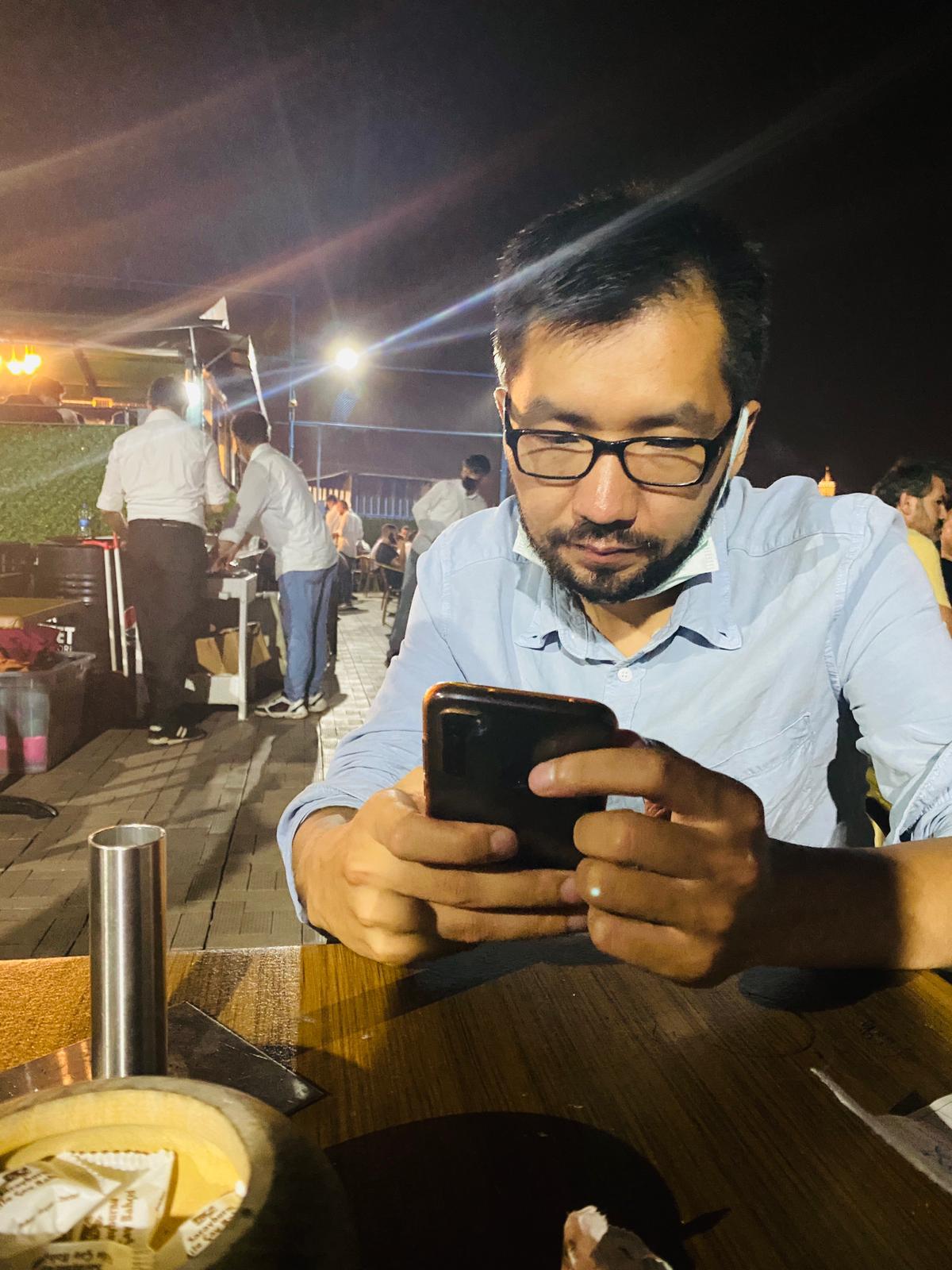September 30, 2025

Courtesy of Mr Aishan's family.
Geneva, September 30, 2025 – We, MENA Rights Group (MRG) and Safeguard Defenders, welcome the decision of the United Nations Working Group on Arbitrary Detention (“WGAD” or “Working Group”), which ruled that the detention of Uyghur activist Yidiresi Aishan in Morocco, where he was facing extradition to China, was arbitrary under international law.
“Although Aishan is now safe and no longer at risk of extradition, we welcome the fact that the WGAD has finally recognised his three years and seven months long detention as arbitrary”, stated both organisations.
Yidiresi Aishan – also known as Idris Hassan – was arrested in July 2021, when arriving in Morocco on a flight from Turkey, where he had been living with his family since 2012, on the basis of a red notice issued by Interpol at China’s request “for belonging to a terrorist organisation”.
Shortly after his arrest, Interpol retracted the Red Notice as it was found to be in violation of its Statute, which expressly provides that the Organization shall not undertake activities of a political, military, religious, or racial character. In recent years, China has increasingly used the Interpol red notice system to stifle peaceful dissent.
Fearing that he would be at serious risk of torture if extradited to China, MRG and Safeguard Defenders submitted a request for interim measures to the UN Committee against Torture (UN CAT) in December 2021, citing a possible violation of the principle of non-refoulement by Morocco.
While Moroccan authorities complied with the UN CAT’s request and refrained from proceeding with his extradition, Aishan remained detained in Tiflet prison pending the Committee’s final decision on the case. In July 2024, the UN CAT issued its decision calling on Morocco not to extradite him and release him in the absence of charges. Aishan was finally released on February 12, 2025.
“Aishan’s case is not an isolated one”, MRG and Safeguard Defenders noted. “In another case, the Moroccan government acknowledged the absence of legal provisions allowing for the release of individuals awaiting a decision from the Committee. In practice, it means individuals can remain imprisoned for years waiting for a UN body to rule on their case.”
In its Opinion, the WGAD determined that Morocco failed to establish any legal basis for Aishan’s continued detention once the Interpol notice was annulled. Accordingly, Morocco was found to have violated article 9 of the Universal Declaration of Human Rights and of the International Covenant on Civil and Political Rights, both of which enshrine the right to liberty and security of the person and prohibit arbitrary arrest or detention. The WGAD also deplored the lack of access to a lawyer during his police custody.
The Working Group called on Morocco to provide Aishan with an enforceable right to reparation, including compensation for the harm suffered. Echoing the Working Group’s recommendation to review legislation and its practice, we urge the Moroccan authorities to review their domestic legislation to ensure the availability of alternatives to detention for individuals subject to an extradition request in cases where a provisional measure has been issued by a UN treaty body.






